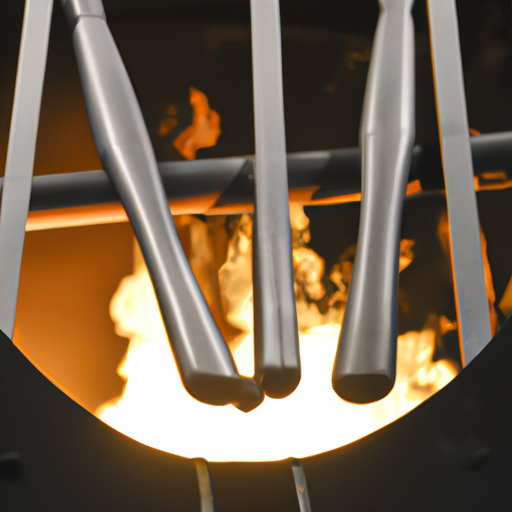A fuel cell is a device that converts chemical energy into electrical energy, and its working principle is to generate electricity through the electrochemical reaction of hydrogen and oxygen. Fuel cells have the advantages of high efficiency, cleanliness, and environmental friendliness, and are widely used in areas such as automobiles, ships, and aerospace. The production process of fuel cells is a complex process that requires multiple steps to complete.

Secondly, the production of fuel cells requires the preparation of electrodes. Electrodes are key components in fuel cells, and their quality and performance directly affect the efficiency and lifespan of the entire cell. The electrode preparation process includes coating, drying, sintering, and other steps, which require strict control of various parameters to ensure that the electrode meets the required quality and performance.
Next, the production of fuel cells requires the assembly of cell components. Cell components are composed of anodes, cathodes, electrolytes, etc., and require precise assembly processes to complete. The assembly process includes stacking electrodes, sealing, connecting, and other steps, which need to ensure good contact between the components to ensure the normal operation of the cell.
Finally, the production of fuel cells requires testing and debugging of the cells. Testing is done to detect the performance and quality of the cell, including output voltage, current, efficiency, and other parameters. Debugging is done to adjust the operating parameters of the cell to ensure its normal operation. The testing and debugging process needs to be repeated multiple times until the performance and quality of the cell meet the requirements.
In conclusion, the production process of fuel cells is a complex process that requires multiple steps to complete. Only by strictly controlling each step, ensuring the quality and performance of raw materials, can high-quality fuel cell products be produced. With the continuous advancement of technology, the production process of fuel cells is also constantly improving and perfecting, and it is believed that fuel cells will be more widely used in the future.
A fuel cell is a device that converts chemical energy into electrical energy, and its working principle is to generate electricity through the electrochemical reaction of hydrogen and oxygen. Fuel cells have the advantages of high efficiency, cleanliness, and environmental friendliness, and are widely used in areas such as automobiles, ships, and aerospace. The production process of fuel cells is a complex process that requires multiple steps to complete.

Secondly, the production of fuel cells requires the preparation of electrodes. Electrodes are key components in fuel cells, and their quality and performance directly affect the efficiency and lifespan of the entire cell. The electrode preparation process includes coating, drying, sintering, and other steps, which require strict control of various parameters to ensure that the electrode meets the required quality and performance.
Next, the production of fuel cells requires the assembly of cell components. Cell components are composed of anodes, cathodes, electrolytes, etc., and require precise assembly processes to complete. The assembly process includes stacking electrodes, sealing, connecting, and other steps, which need to ensure good contact between the components to ensure the normal operation of the cell.
Finally, the production of fuel cells requires testing and debugging of the cells. Testing is done to detect the performance and quality of the cell, including output voltage, current, efficiency, and other parameters. Debugging is done to adjust the operating parameters of the cell to ensure its normal operation. The testing and debugging process needs to be repeated multiple times until the performance and quality of the cell meet the requirements.
In conclusion, the production process of fuel cells is a complex process that requires multiple steps to complete. Only by strictly controlling each step, ensuring the quality and performance of raw materials, can high-quality fuel cell products be produced. With the continuous advancement of technology, the production process of fuel cells is also constantly improving and perfecting, and it is believed that fuel cells will be more widely used in the future.